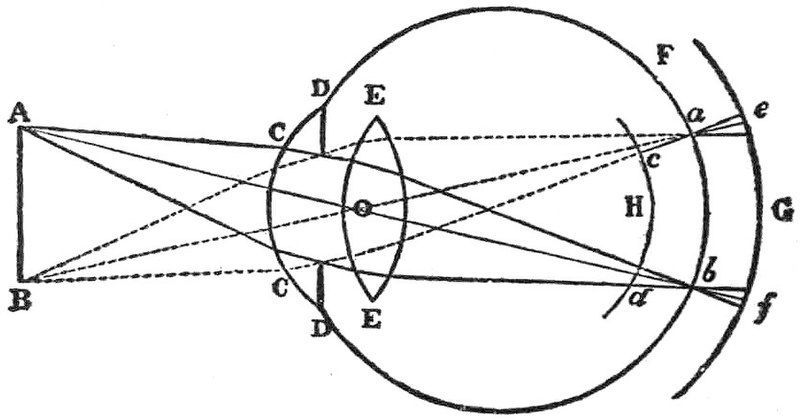How Freud pioneered a structuralist trajectory to Brentano's phenomenology

The phenomenological method as developed by Edmund Husserl continues to exert influence over contemporary metapsychological conversations, but it remains haunted by an unresolved tension regarding the nature of the "I", or the Latin ego. On the one hand, the practice of phenomenology assumes the intentionality of consciousness whereby objects in experience are objects only for a subject, and that this subject can transcend itself towards these objects. Yet, on the other hand, a rigorous observation of the pure flow of experience has an intensely ego-annihilating effect. Buddhist meditation and various forms of mindfulness achieve this through inducing a state in which the inside and the outside blur together into a sense-less and unbroken flux.
Even phenomenology’s “bracketing” of anything beyond experience cannot provide a recourse here, for the Buddhist monk does not need to posit anything extra- or sub- experiential to produce subjective annihilation within experience. This demonstrates that lurking within Phenomenology exists a certain "structuralist" trajectory which relegates the status of the subject to an emergent property of underlying processes, rather than a primordial ontological given. The self is not a brute fact, but an object generated within consciousness, another manufactured element operating within our experience.
Psychoanalysis as conceived by Freud locates itself within this "structuralist" terrain of the phenomenological tradition. Like Husserl, Freud also encountered the work of Franz Brentano early on in his intellectual investigations. However, Freud's phenomenology began with the observation of his patients’s self-reporting about their conscious experience. One way to view Freud's work might be as an analysis of the act of conducting phenomenological investigation in speech.
Although he later began to practice his own methods on himself to test his hypotheses and draw further conclusions, Freud was not primarily seeking understand the first-person perspective of his own consciousness, but rather to interrogate the constantly failed and inconsistent attempts of humans to describe their own consciousness. Whence this gap, and what could it tell us?
Freud's observations yielded curious evidence that human beings were not "masters of their own house," so to speak. Their words always said too much or too little. Even their silences spoke volumes. Through the investigation of such phenomena as linguistic slips, resistances, dreams, and neurotic symptoms, Freud sketched a blueprint of the psychic system (and consciousness' role within it) as the dynamic product of multiple conflicting psychic processes, thus problematizing the meaning and value of the individual's personal experience.
We can find his earliest attempt recorded in his Project of a Scientific Psychology where he conceptualizes the psychic system as being composed of bodily organs which transmit energy via systems of circuits, and this movement of energy along defined tracks being what produces human conscious experience. For instance, he uses the analogy of a "short circuit" to attempt to describe how certain previously unrelated contingent notions get psychically associated in such a way that they produce a physical symptom. In this way and others, Freud's work problematizes phenomenology by positing that regardless of what transcendental structure we take our conscious experience to exhibit, transcendental structure by no means dictates the biological structure of the systems which produce this experience.
Freud's project of a "scientific psychology" runs opposed to the idealist vein of phenomenology which strives to articulate transcendental consciousness as such, that is, to describe from within consciousness the structures which give consciousness its distinct shape. This drive to sketch the parameters of consciousness while nonetheless exempting these structures from the objectifying operations of scientific investigation prompts Sartre to vehemently contend in The Transcendence of the Ego that "the preoccupation of Kant was never with the way in which empirical consciousness is in fact constituted." Sartre calls this the temptation of "making into a reality the conditions," saying that "This is the tendency which leads certain writers to ask, for example, what 'transcendental consciousness' can be."
The danger in such a question is clear for Sartre — "If one poses the problems in these terms, one is naturally constrained to conceive this consciousness — which is constitutive of our empirical consciousness — as an unconscious" (emphasis added). For a phenomenologist of the idealist persuasion, such a hypostasizing of consciousness would be, paradoxically, both far too abstract by positing a non-experiential entity known as the unconscious mind whilst simultaneously dragging it down into the realm of the sciences where consciousness can become an object of empirical investigation and material explanation.
The Freudian project postulates precisely what Sartre rejects here, namely, that transcendental consciousness is the physiological unconscious. In other words, the seemingly sui generis structure which constitutes the conditions of the possibility of thought is in fact dynamically generated through the (dys)functioning of organ systems transferring energy within the body. The complex interactions taking place within the biological realm produce the state of affairs which the subject reports at the level of experience. Freud's work identifies how the echoes of these underlying biological processes appear within our conscious experience, thus providing clues to their connections and operations.
